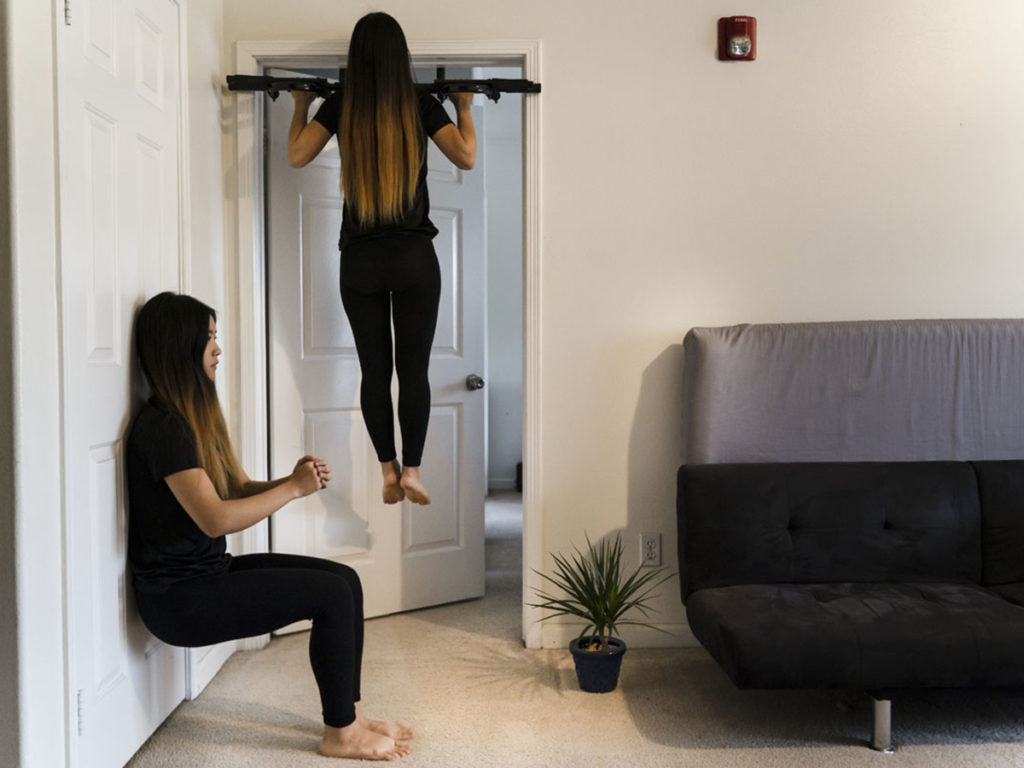
As the COVID-19 pandemic continues to worsen our daily lives have been reshaped with necessary impositions of social distancing and self-isolation. But among all of the turmoil, there is another disease that is also spreading just as rampantly throughout our communities: poor mental health. Along with our efforts to combat the epidemic, we must acknowledge and manage our mental health during this adverse time period.
The pandemic’s numerous effects, most notably the institution of social distancing, have impacted people’s mental well-being. While the measure is absolutely necessary for flattening the curve and protecting those at risk, this mandatory isolation has birthed a particularly unique crisis that continues to produce stress for the quarantined, beyond just the fear of sickness.
Many Americans are forced to deal with extreme economic stress and job uncertainty. The job market suffered a substantial blow, and the unemployment rate has skyrocketed since the beginning of the year. The crisis does not discriminate among professions, with lawyers and architects facing the same level of layoffs and furloughs as fast-food workers and cleaners. Apart from the financial burden that this brings, many also face anxiety about their families with children and elderly parents, and unfortunately for some, an increased risk of domestic violence and abuse.
Many have also detailed their frustrations with the social consequences of this pandemic. Whole citywide districts and stores have been shut down or deserted, along with it being more difficult to see your friends and family. As humans, we have a natural need for social contact, which may cause those self-isolating to feel anxious or depressed socially as they feel alone and vulnerable without the choice of being so. Concern over the psychological effects is present with the potential of psychological trauma and post-traumatic stress as results of this quarantine period. The number of people facing depression and other related illnesses have risen considerably. The pandemic’s economic and social impact may be felt for years to come.
Taking this into consideration, people must take responsibility for their mental well-being and, fortunately, there are many ways to exercise self-care. Even the smallest changes in one’s routine can make an incredible difference on their mental health. Fixating on the news should be avoided as paranoia and stress will only increase from this. It would be rather best to utilize this time to unwind and appreciate the smaller things in life as well as oneself. It may be the perfect time for some rest and relaxation considering the tumultuous year 2020 has already proven to be. This time period of being alone will give you time to reflect on yourself, your priorities and aspirations.
Establishing a routine may also go a long way in preventing an already chaotic life from going out of control. Experts recommend that you, “Stick to a routine that is as close to ‘normal’ as you can manage.” Going outside can relax the mind and calm the nerves as you get some fresh air and vitamin D. Of course, it is important to be mindful of others and continue social distancing. Those who are unable to leave their homes, many at-home workouts are more than available on the internet.
While the pandemic may have impacted all of our social lives, maintaining contact with loved ones is still possible. Check in with close friends and family through Zoom, FaceTime, calls, text messages or other social media platforms. Alleviating some of the loneliness that comes with isolation will go a long way to ease one’s stress. Your creativity can even be tested in finding new ways to have fun with your friends and family. The pandemic may not be the end of the social world if you make the effort to reach out and explore other means of communication.
Unfortunately, the COVID-19 pandemic has worsened and continues to prove to be a challenge for the world. However, these adverse times come with a responsibility to take care of oneself and to consider one’s mental health. This may be difficult during this time, but it is absolutely necessary for our well-being in the coming future. These trials and tribulations affect us all, but with proper self-care, we will hopefully be able to recover fully as a society.








